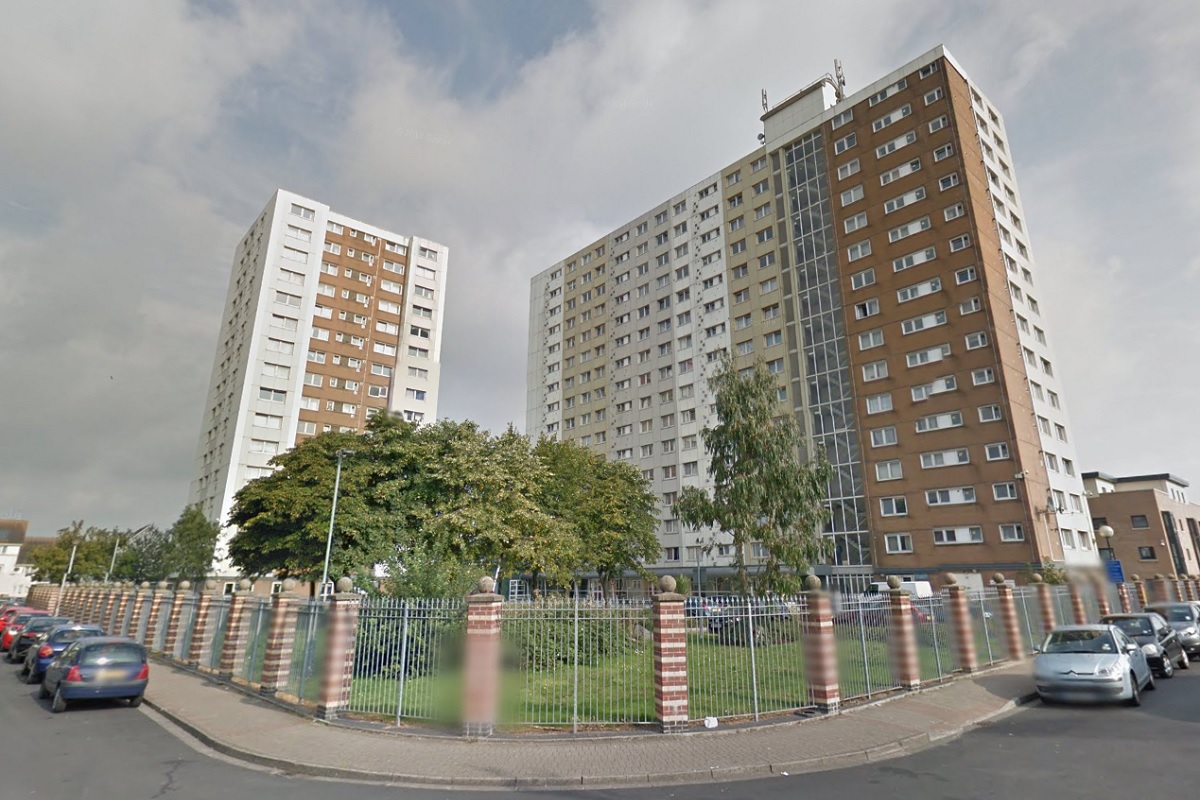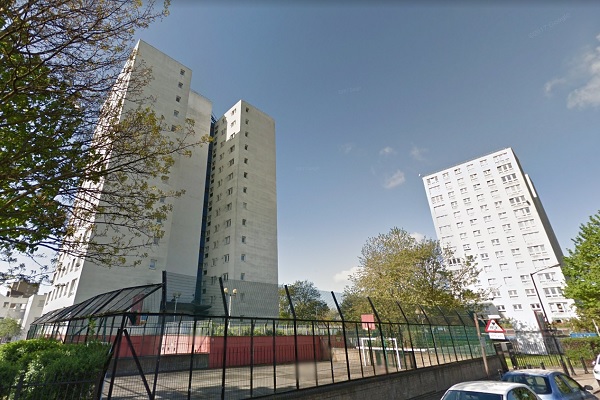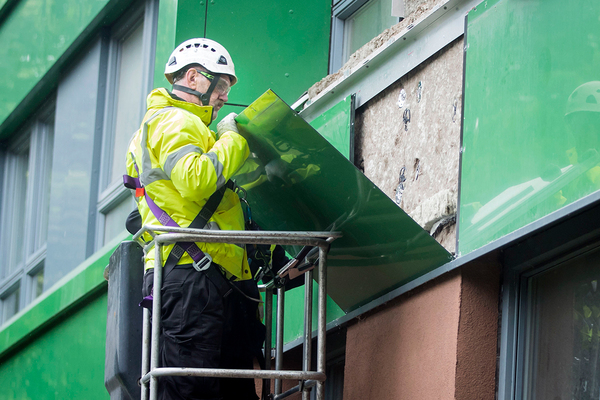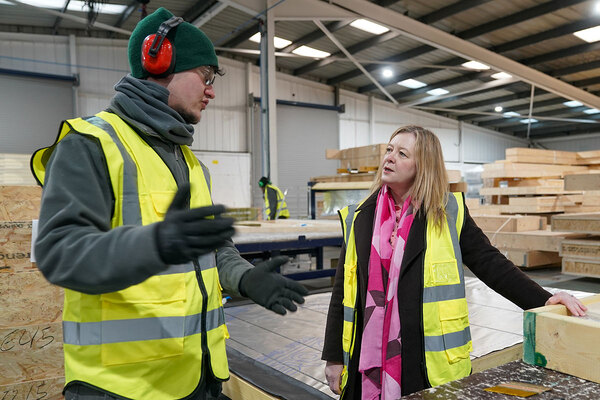Non-ACM cladding on Welsh council high rises fails safety tests
Non-aluminium composite material (ACM) cladding on six council-owned tower blocks in south Wales have failed combustibility tests.
Cardiff City Council has been informed that materials on the high rises do not meet safety standards – despite insisting that the buildings were given “a clean bill of health” in the aftermath of the Grenfell Tower fire last June.
In a statement, the authority said the cladding system “consists of veneered, fibrous hardwood rainscreen panels” with non-combustible Rockwool insulation which complied with building regulations when installed in the 1990s. Inside Housing has requested more information.
CCTV presence in the blocks has been stepped up and round-the-clock fire warden patrols sent in. Cardiff said it is “likely” that cladding on all six towers will be removed.
The affected buildings – Nelson House, Loudoun House, Channel View and three blocks at the Lydstep Flats Estate – are home to an estimated 575 people.
Following the Grenfell disaster last summer, the council initially believed them to be safe after confirming that they did not contain ACM.
However, fire safety consultants recommended further cladding tests – which this month concluded “the panels have been treated with chemicals that mean they do not meet today’s combustibility standards”, the authority said.
When burned, the cladding released 17.5MJ of heat per kilo – nearly six times the legal limit. The ACM cladding used on Grenfell Tower had a 45MJ/kg combustibility rating.
Welsh Government and the Ministry of Housing, Communities and Local Government in Westminster have been informed of the results.
The testing also found that there are no firebreaks in the buildings’ cladding systems.
Lynda Thorne, cabinet member for housing and communities at Cardiff City Council, said: “Following last summer’s tragedy at Grenfell and with tenant safety as our top priority, the council decided to go beyond the initial review of our cladding systems that checked for ACM to make sure there were no other issues with the materials cladding our high rises.
“Unfortunately, the results of these extra tests have established that the cladding on six blocks fail current standards.
“Naturally, everyone living in these blocks will be very concerned by this news but I want to reassure them that we are working closely with South Wales Fire and Rescue Service to ensure we follow the latest fire safety guidance and to decide the best way forward.”
The council has previously committed to retrofitting sprinklers in its high rises and upgrading fire doors to models designed to resist flames for 60 minutes.











